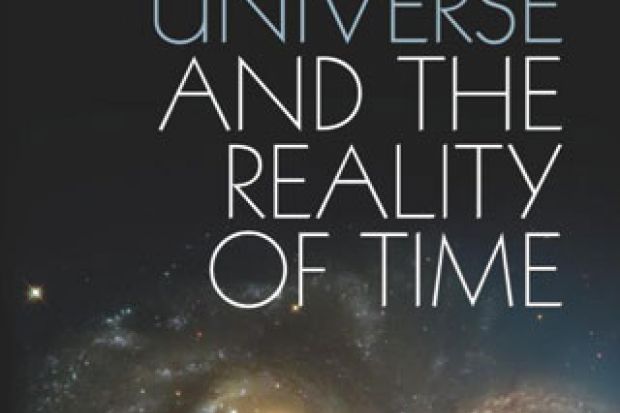Cosmology is one of the oldest subjects for storytelling, but one of the youngest sciences. Its modern sense of scientific theorising about the universe as a whole is barely a century old. Some of the theories in play make predictions of astonishing reach and accuracy, yet the big picture they paint remains unsatisfactory. The two great theoretical successes, general relativity and quantum theory, do not play nicely together. The standard model of particles and forces incorporates numerous quantities whose values call for explanation. The universe contains so-called dark matter, or dark energy, that we cannot observe directly. And it all began with a Big Bang, seemingly producing something from nothing.
Viewed with an uncharitable eye, it is all pretty ramshackle. In fact, say the authors of this book, cosmology is in crisis. We may disregard that rhetoric. It is not a situation that it is imperative to resolve any time soon. The universe, we now know, is exceedingly large, and exceedingly old. If it takes another few hundred years to knock cosmological theories into better shape, that will probably be fine.
Still, it is worth considering the way forward. In a science always at the margin where physics turns into metaphysics, that means critiquing fundamental assumptions. The main assumption challenged here is that there are scientific laws that are timeless. The most important thing we have learned about the one universe, say Roberto Mangabeira Unger and Lee Smolin, is that it has a history. As nothing is outside the universe, the laws of physics must have a history, too. They changed before, and may do so again.
The book in which they argue this case is an odd beast. Unger, best known for his work in political philosophy and critical legal studies, contributes the first two-thirds; Smolin, a cosmologist, the final third. Together, they suggest, this produces a text accessible to the general reader that is a contribution to natural philosophy – despite saying at one point that this genre has disappeared, and then elsewhere suggesting that some popular science books deserve the label. The latter seems more accurate, especially bearing in mind Smolin’s own 2013 book Time Reborn: From the Crisis in Physics to the Future of the Universe, which makes just the arguments found here.
The addition of Unger’s detailed exposition does add to this new book, but at a cost. He argues with care that there is one universe, it works in real time, and mathematics can be an aid to understanding it but not a master key. His readers, though, would have benefited had he had an editor telling him that clarity need not be achieved at the cost of repetition, which in parts of The Singular Universe and the Reality of Time is so insistent that it becomes almost hypnotic. Unger’s portion of the book could easily have been reduced by 100 pages or so.
The authors’ basic approach is attractive, however, to those of us who live in a time-ordered everyday world. It has the additional virtue, perhaps, of doing away with the multiverse – the fashionable notion that mere mathematical possibility indicates that our universe is one of uncountably many, each with different laws and natural constants, whose existence we may infer but that all lie for ever beyond observation.
Unger and Smolin dislike this idea a lot, nearly as much as the contention that the universe arose from a singularity – a state in which key quantities tend to infinity and the laws we normally reckon by are invalid. Their own metaphysical predilection, it seems, is that infinities are mathematical results that can have no physical correlate; they simply highlight something we do not understand.
Overall, this is an admirable restatement of cosmological ambition. “The universe must contain enough information to answer any query that can be made about its properties,” declares Smolin. To which the only sensible response seems to be – well, perhaps. The resolution of current problems in cosmology may lie in the direction they propose, although few of Smolin’s colleagues are persuaded. For the rest of us, it is easy to sympathise with his and Unger’s insistence that proposing the multiverse means “the transmutation of a scientific enigma into an ontological fantasy”. But remove the fantasy and the enigma remains.
The Singular Universe and the Reality of Time: A Proposal in Natural Philosophy
By Roberto Mangabeira Unger and Lee Smolin
Cambridge University Press, 566pp, £19.99
ISBN 9781107074064 and 9781316121658 (e-book)
Published 15 January 2015
Register to continue
Why register?
- Registration is free and only takes a moment
- Once registered, you can read 3 articles a month
- Sign up for our newsletter
Subscribe
Or subscribe for unlimited access to:
- Unlimited access to news, views, insights & reviews
- Digital editions
- Digital access to THE’s university and college rankings analysis
Already registered or a current subscriber?





